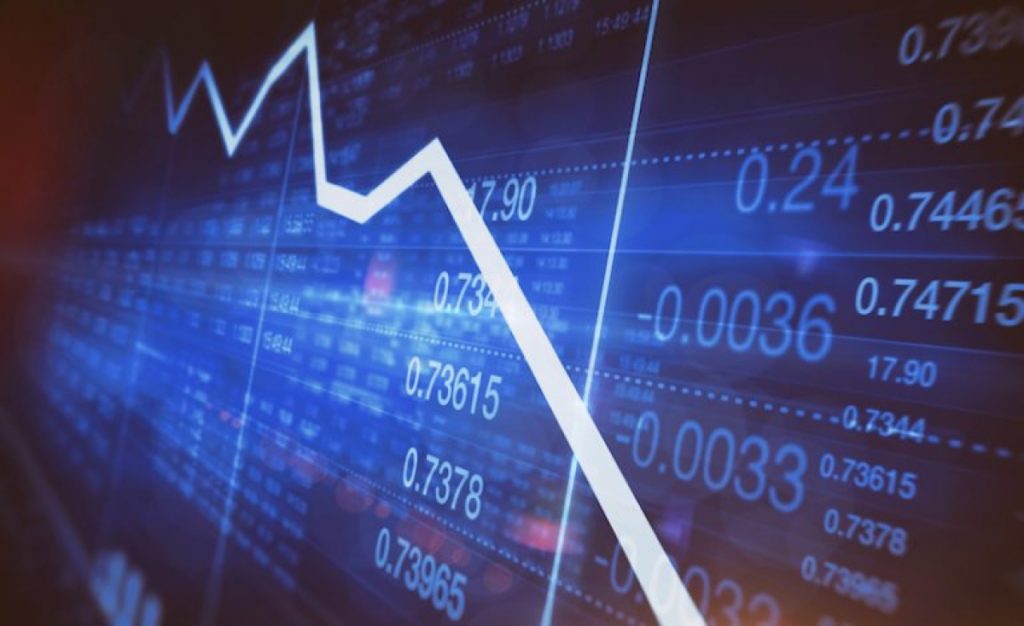The European stock exchanges lost more than 3% this morning because of the Russian invasion.
The Bel20 opened with a loss of more than 3%, the Asian stock exchanges lost 2-3% and oil became 5% more expensive, De Standaard reports.
Investors seemed to minimise the risk of a Russian invasion for a long time, but European stock exchanges started off in dark red this morning after Russia officially attacked Ukraine early Thursday morning.
The Euro Stoxx50, which comprises the 50 largest companies in the Eurozone, fell 4%. Frankfurt and Paris also fell by more than 3%. The Bel20 managed to limit the damage with a loss of 2.4%. Chip producer Melexis was the biggest loser and fell 4.5%. Ageas and ArgenX were also strong losers.
Oil, on the other hand, is moving higher, breaking the $100 USD barrier: a barrel of Brent is now 6% more expensive and costs $102.6 USD. The last time oil cost more than $100 USD was in 2014.
Related News
- EU air safety agency declares 'active conflict zone'
- Russia attacks Ukraine, world calls on Russia to stop war
- EU-Russia sanctions rock Antwerp's diamond district
Russia is the world's second largest oil exporter after Saudi Arabia. The price of gas also went through the roof following the invasion, rising by 25% to €110.6, still below the level of December last year.
Gold, the dollar and grain prices are also on the rise. Gold and dollars are traditionally seen as safe havens during major geopolitical calamities. Russia is the world's largest exporter of grain. Ukraine is number five.
The war comes at a particularly poor time for the world economy, which is only just recovering from the Covid-19 pandemic and grappling with inflation.
The war will fuel commodity inflation, while economic growth may be dented. As a result, the likelihood of the 1970s scenario — high inflation with low growth, also called ‘stagflation’— is rising sharply.

